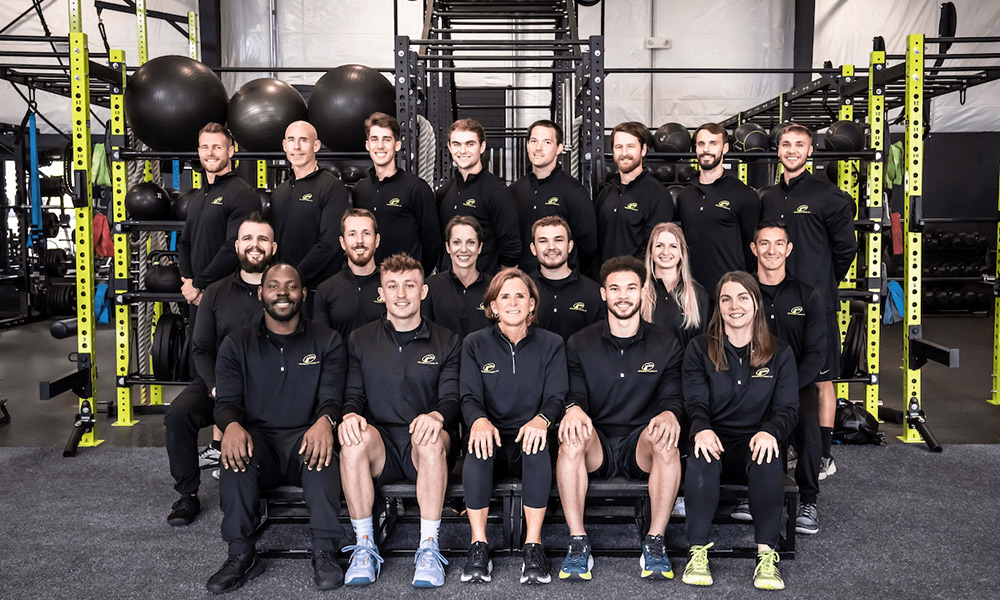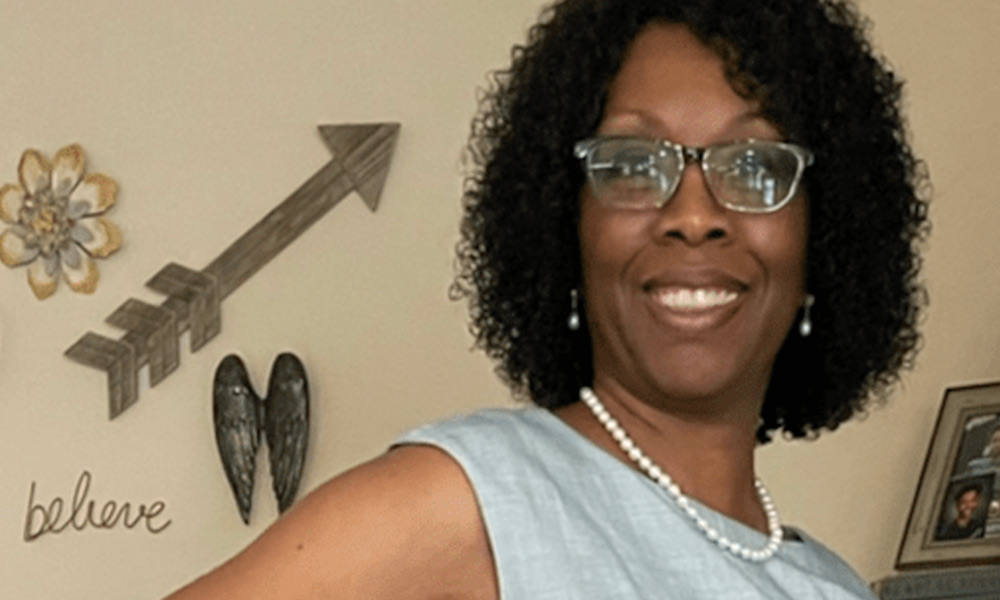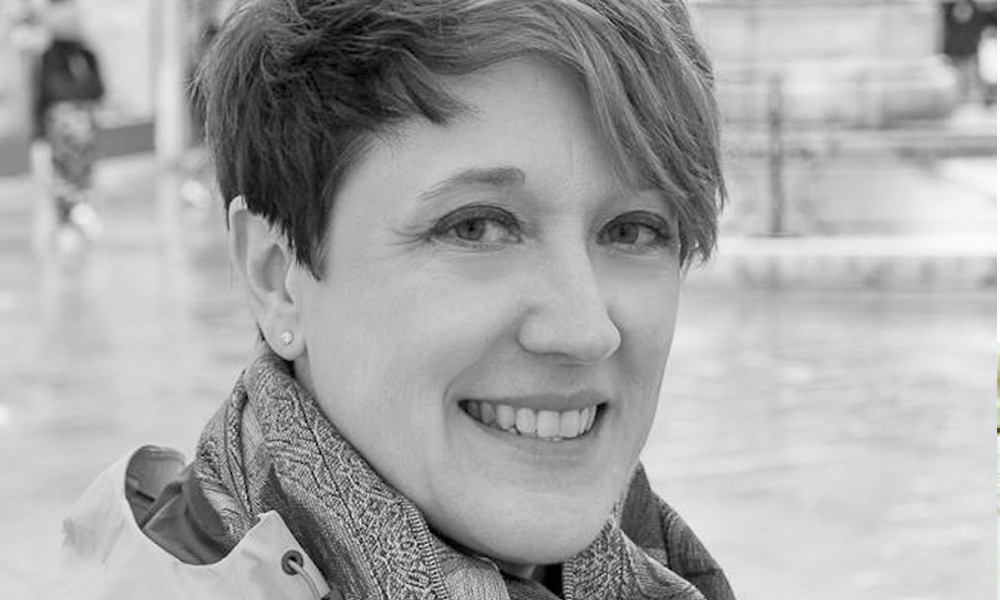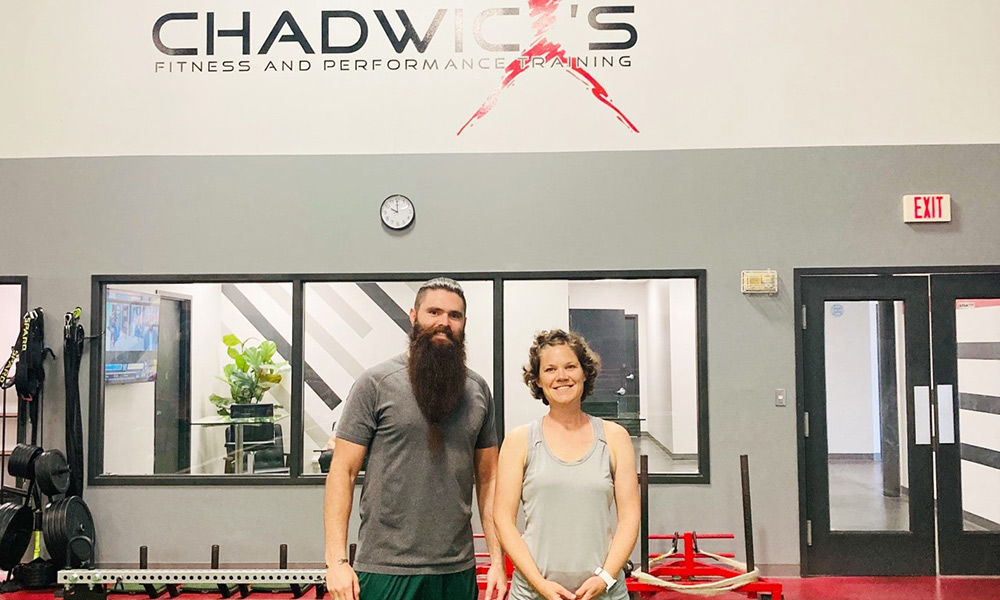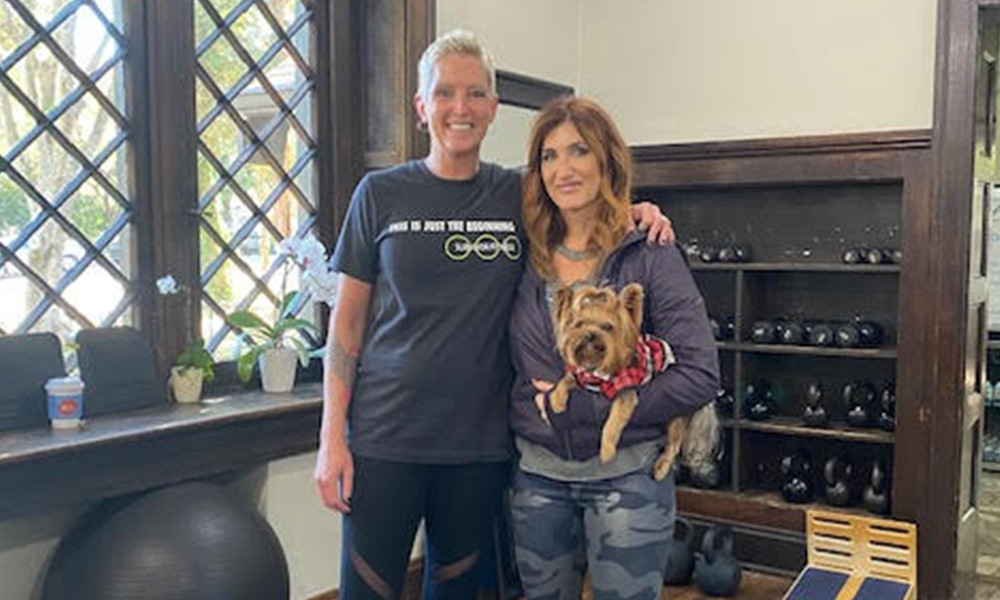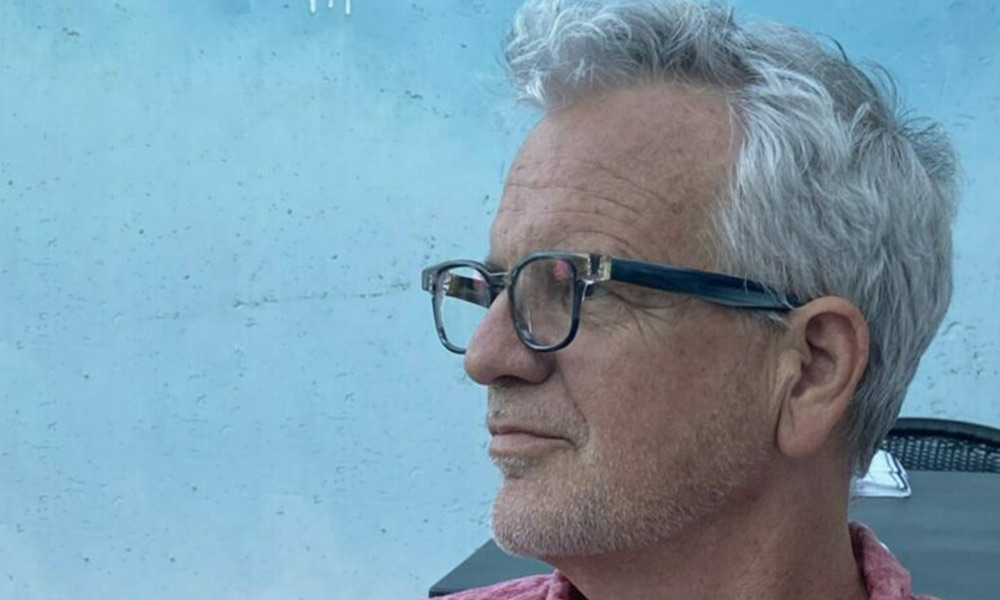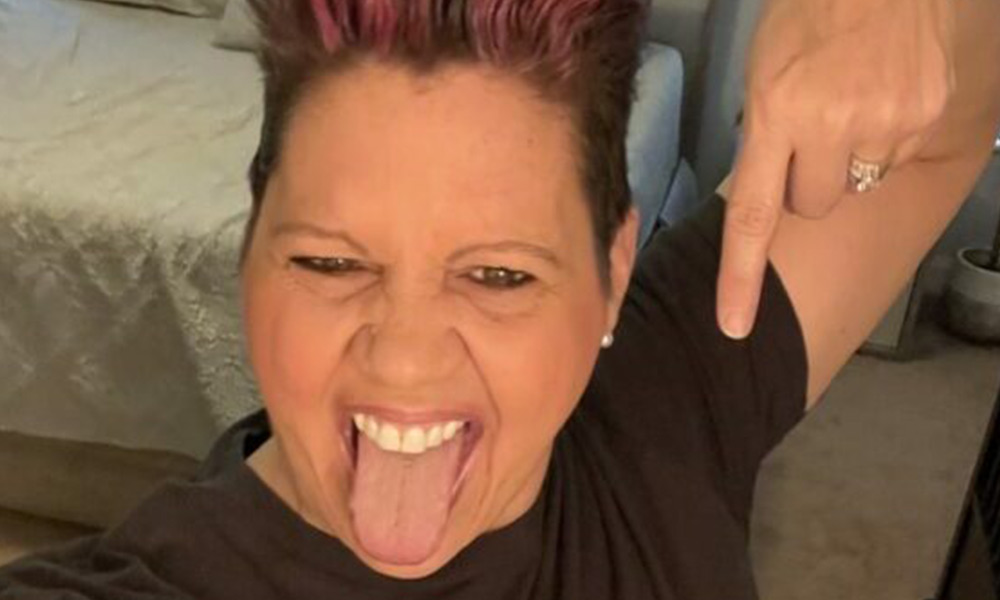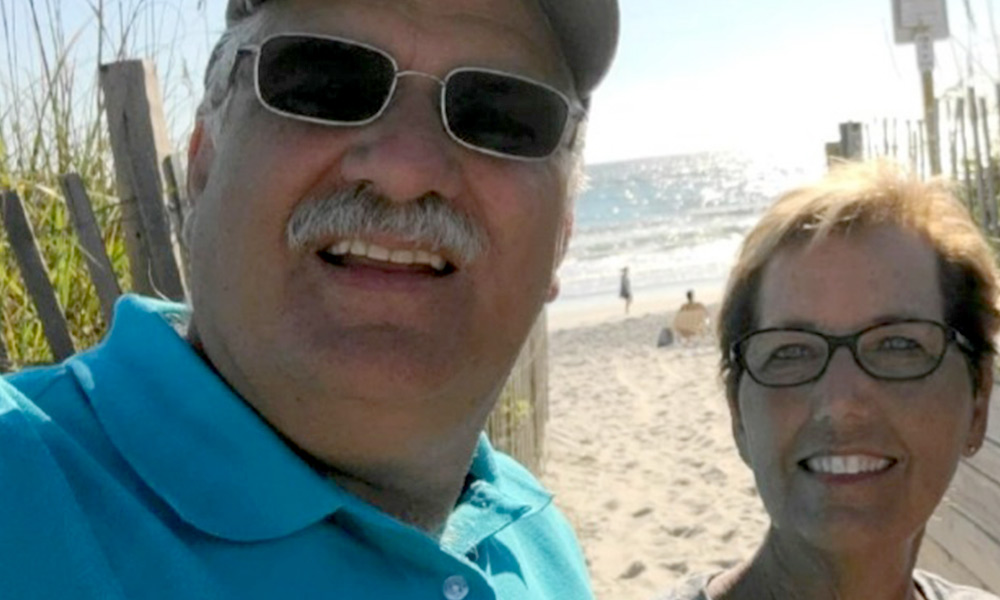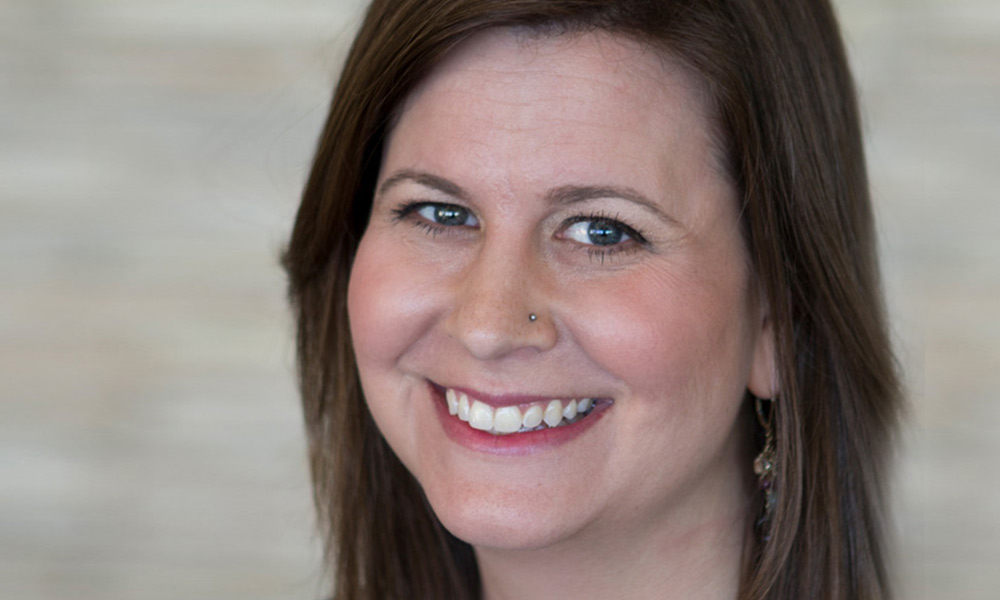When Survivor Fitness launched our program in Nashville in 2013, we quickly realized how many cancer survivors across our state needed support when it came to building strength, losing weight, or regaining a sense of normalcy after a cancer diagnosis. Initially, we began partnering with trainers and fitness centers in Brentwood and Murfreesboro. In 2018, we had the opportunity to expand into our next major city: Knoxville. As we were looking for a way to expand the reach of our program, our friends at Performance Training enthusiastically offered their support. The owner of Performance Training, Jackie Ansley, and her team were passionate about learning everything they could to support cancer survivors during recovery.
Jared Lawrence, Director of Development & Marketing at Performance Training, worked with our very first Survivor Fitness participant in Knoxville. Today, he is the first point of contact for our Knoxville participants who train at PTI. Like many of the trainers and dietitians who work with participants, Jared’s life has been impacted by the program just as much as the people he trains.
A New Perspective About What’s Possible
“Before I started with Survivor Fitness, cancer was just a word to me because I hadn’t been personally impacted by it,” Jared explained. “Now that I’ve seen the difference that health and fitness make for people after treatment, I want to help in every single way that I can.”
Jared understands that signing up for a fitness program after treatment might be intimidating. That’s why the team at PTI has done an incredible job of creating a positive and encouraging environment for people of every age, fitness level, or diagnosis.
“If you come in just once, you’ll quickly realize that you’re not alone,” Jared said. “We’re going to welcome you and accept you where you are. You might meet three or four other cancer survivors along the way.”
Countless Stories of Inspiration and Transformation
Jared is inspired by the transformation that participants experience from their first visit to the gym to the conclusion of their program. As he recalled his experience with Survivor Fitness, Jared reflected on numerous stories of the many participants that have benefited.
One such participant was named Deb. Deb was the first Survivor Fitness participant in Knoxville. (And she just recently celebrated her 5-year cancer-free anniversary!) Although she was initially hesitant to start training, today she participates in the SF group fitness program at PTI multiple days per week.
Jared also recalled working with a 30-year-old participant who was looking to gain strength after cancer treatment. He wanted to regain strength in his legs so he could get back to the lifting he enjoyed before cancer. When he first started the program, he could only squat around 100 pounds. When he left, he was squatting 315!
“Honestly, it’s hard for me to pick a single inspiring moment or story because they all are special,” Jared said. “There are countless moments of encouragement, hope, and positivity that I’ve seen over the years.”
Helping Survivors “Get Their Glow Back”
Jared and the team at Performance Training are intentional about giving participants the peace of mind that they can achieve things that seem impossible when they first start.
“It might be easy for people to think there’s so much they CAN’T do because they had cancer,” he recalled. “Yet, they’ve survived surgery, cancer, chemo, and/or radiation. We want to help them realize they actually CAN do it.”
That’s what Jared likes to see. Getting people back to the point that they could do things that they thought they could never do again.
“Many of the participants get their glow back,” he expressed. “I love getting to tell people that they are going to be able to regain some of the stuff they lost during cancer, like picking up their grandkids, running around with their kids, or running a half marathon.”
To date, the team at Performance Training has served more than 80 participants. Their team has worked with over a dozen cancer survivors this year alone. We’re incredibly grateful for their partnership and look forward to more stories of transformation for our Knoxville Survivor Fitness participants for years to come.
If you’re a cancer survivor in Tennessee, connect with our team today to learn how you can get started with our program!
